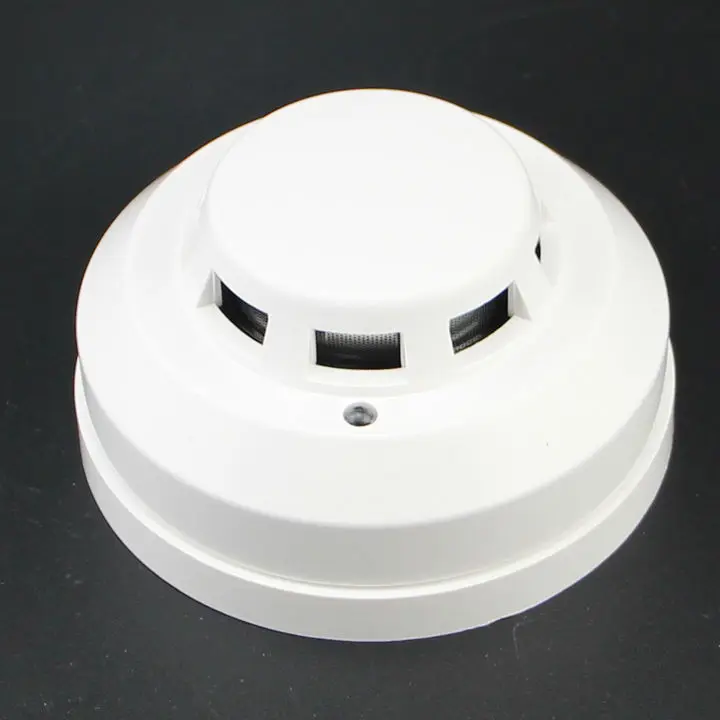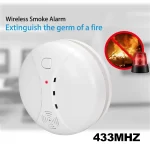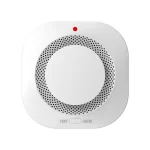Why Your Smoke Alarm Keeps Beeping
A beeping smoke alarm can be more than just an annoyance; it’s often a sign that something needs your attention. Here are some common reasons why your smoke detector may start beeping:
- Battery Issues: The most frequent cause is a low battery signal. Your smoke alarm might beep to indicate the battery needs replacing.
- Dirty Sensors: Dust and debris can interfere with the sensor’s ability to function properly, causing unnecessary beeps.
- Environmental Factors: Changes in humidity or temperature can affect the alarm, leading to false alarms.
- Age: If your smoke alarm is old, it could start to beep as a sign it’s time to be replaced.
- Installation Errors: Incorrectly installed batteries or an open battery compartment can prompt beeping.
- Electrical Issues: For hard-wired smoke detectors, power interruptions or surges could cause intermittent beeping.
It’s crucial to address beeping smoke alarms promptly to maintain safety and peace in your home. A good first step is checking and replacing batteries or cleaning the unit to see if that resolves the issue. If beeping persists, it’s wise to consider deeper issues like the alarm’s age or electrical problems. Remember, addressing the cause of the beeping helps ensure your smoke alarm continues to protect you and your family reliably.
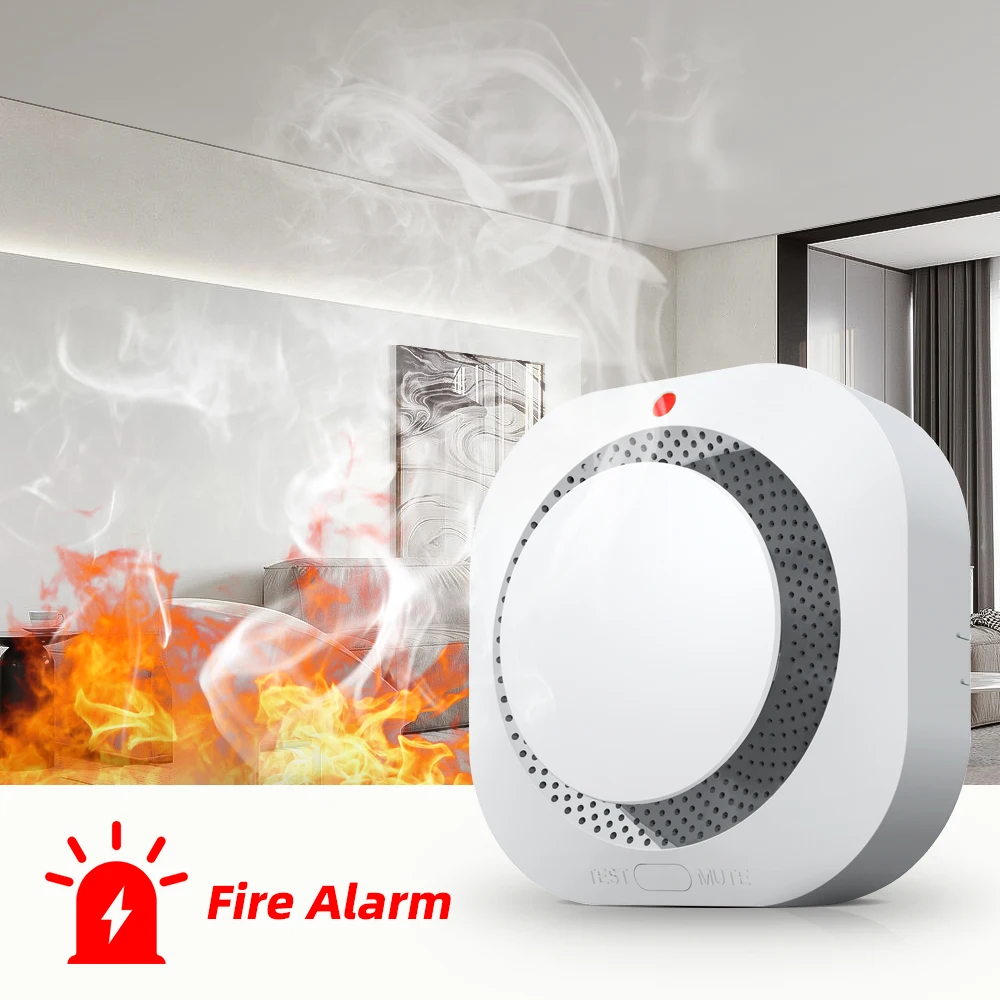
Identifying the Beeping Smoke Detector in Your Home
When a smoke alarm starts beeping, pinpointing the exact unit causing the noise is imperative. Here are steps to help identify the beeping smoke alarm:
- Listen Carefully: Move closer to the sound to locate the specific smoke detector. This may take a few minutes if you have multiple units in your home.
- Visual Inspection: Look for a red flashing light on the detector; many models use this as an indicator.
- Single Detector vs. Multiple: Note whether the noise is coming from one detector or multiple. This can hint at whether it’s an isolated issue or a system-wide problem.
- Test Each Smoke Alarm: Using the test button on each unit can help determine which one is beeping if the sound is not continuous.
- Check for Power Light: On hard-wired smoke alarms, a steady green light generally indicates a unit is receiving power. The absence of this light might point to an electrical issue.
- Isolate the Beeping: Turn off any background noise to better hear intermittent beeping, which is usually less urgent than continuous beeps.
Finding the beeping smoke alarm quickly allows you to address the issue faster and restore tranquility to your home. It’s essential to keep calm and methodical during this process to ensure the right detector is identified and the problem is solved accurately.
Common Reasons for Smoke Alarms Beeping
Smoke alarms play a vital role in ensuring household safety. However, when they beep unexpectedly, it can be both startling and confusing. Here are the most common reasons why your smoke alarm might be beeping:
- Low Battery Warning: The primary reason for a beeping smoke alarm is a low battery. When the power is running low, the alarm emits intermittent beeps to alert you.
- Improper Battery Installation: If batteries are not inserted correctly, or if the battery compartment isn’t closed properly, the smoke alarm can beep to signal a problem.
- Dust in the Sensor Chamber: Over time, dust and debris can accumulate inside the sensor chamber, obstructing the sensors and triggering the beeping sound.
- High Humidity or Steam: Smoke detectors might confuse moisture particles for smoke, resulting in false alarms and beeping.
- Electrical Malfunctions: For hard-wired systems, any interruption in the electrical supply can cause the smoke alarm to beep.
- Age of the Smoke Detector: After several years of service, smoke alarms can start to malfunction, often indicated by random beeping noises.
In most cases, these issues are easy to fix. A simple battery change, a good cleaning, or re-installing the battery properly can often stop the beeping. It’s essential to address these beeps quickly, as they are designed to alert you to potential problems that could compromise the alarm’s effectiveness during an actual emergency.
Understanding the Different Beep Patterns and Their Meanings
Different beep patterns from smoke alarms have specific meanings. It’s crucial to understand these to know how to respond appropriately. Here are various beep patterns you might encounter and what they typically indicate:
- Continuous Beeping: This sound typically means that the smoke alarm has detected smoke or fire. It’s important to investigate immediately and take action if necessary.
- Beeps Every 30 Seconds or Minute: Often, this pattern signals a low battery. Replacing the battery should usually stop the beeping.
- Multiple Beeps: If you hear several beeps in a row, it might indicate a more serious issue. For alarms that detect both smoke and carbon monoxide, it could be a warning of high CO levels.
- Irregular Beeping: This could point to temperature fluctuations affecting the alarm, poor battery connection, or an end-of-life signal from an old device.
It’s important not only to recognize these patterns but also to take the right action based on what the beeps mean. For example, with continuous beeping, checking for signs of fire and being ready to evacuate is critical. For less urgent sounds, replacing the battery or cleaning the device might suffice.
Understanding beep patterns can help ensure you maintain your smoke alarm correctly and respond effectively to different alerts.
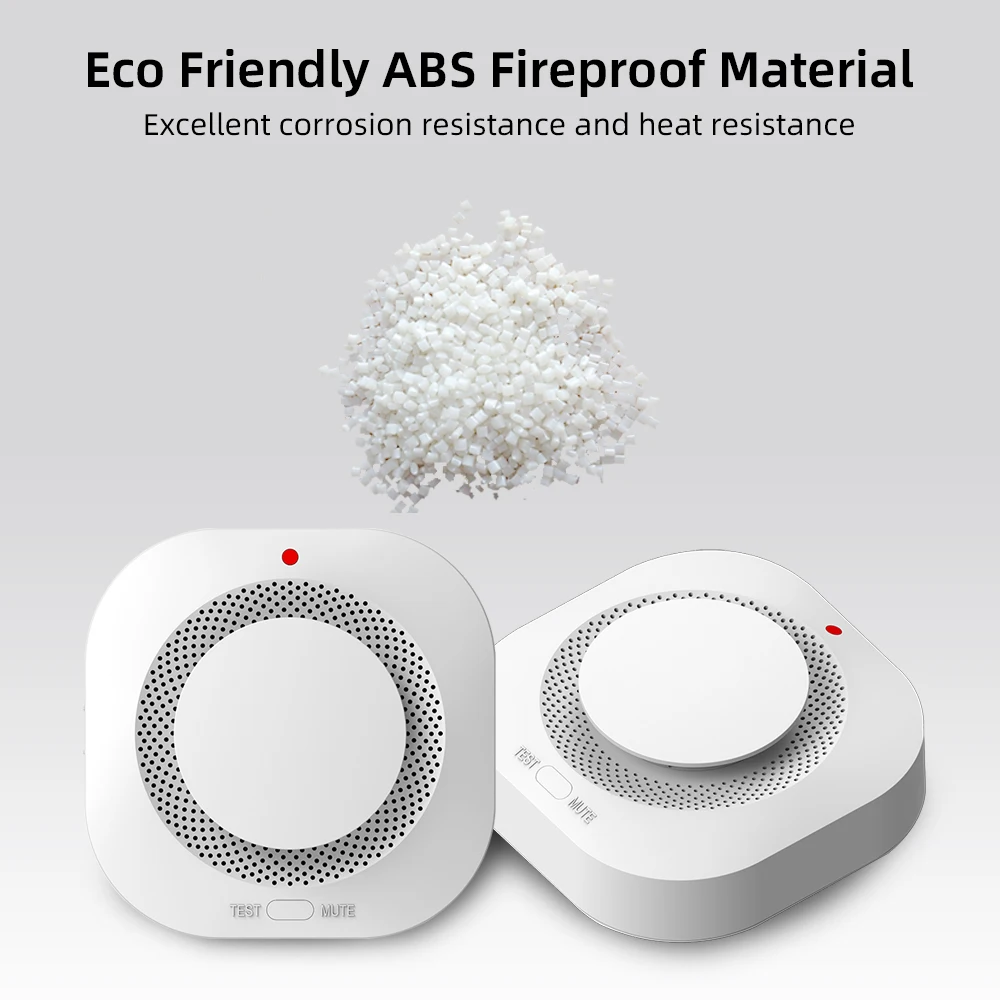
Quick Solutions to Stop Beeping Smoke Alarms
If your smoke alarm won’t stop beeping, quick action can restore silence and sanity. Here’s what to do:
- Check and Replace the Batteries: Often, replacing the alarm’s battery stops the beeping.
- Ensure Proper Installation: Triple-check that batteries are installed correctly and that the battery compartment is shut.
- Clean the Detector: Use compressed air or a soft brush to gently remove dust from the smoke alarm.
- Check for Temperature Changes: Move the alarm away from HVAC vents, windows, or fans that might cause false alerts due to temperature fluctuations.
- Reset the Smoke Alarm: After switching out the batteries, press the ‘test’ button to reset the alarm. This can clear errors and stop the beeping.
- Replace Old Smoke Alarms: If your smoke alarm is over eight to ten years old, it may be time for a full replacement.
- Contact Professionals: When all else fails, consult a certified technician to check for electrical issues or malfunctioning alarms.
Implementing these solutions should stop the beeping and ensure your smoke alarm functions correctly when you need it most.
The Importance of Regular Smoke Alarm Maintenance
Ensuring your smoke alarms are functioning correctly is crucial for your safety. Regular maintenance can prevent false alarms and ensure devices are ready in case of a fire. Here’s why regular maintenance is important:
- Detect Issues Early: Routine checks can spot potential problems before they become serious.
- Ensure Alarm Sensitivity: Clean, well-maintained alarms are more reliable in detecting smoke.
- Prevent Malfunctions: Regular maintenance reduces the chances of faulty alarms.
- Extend Lifespan: Proper care can prolong the life of your smoke alarms.
- Stay Compliant: Some regions have legal requirements for smoke alarm maintenance.
- Peace of Mind: Knowing your alarms are in good condition provides comfort.
To maintain your smoke alarms, test them monthly by pressing the test button. Replace batteries at least once a year or as needed. Clean the devices every six months to remove dust and debris. Be mindful of their expiration dates; most smoke alarms are designed to last for ten years. Replace old or non-functioning alarms promptly to ensure ongoing protection.
When to Replace Your Smoke Alarms
Understanding when to replace your smoke alarms is as important as responding to their beeps. Here are key indicators to help you decide:
- Age of Alarm: If your smoke alarm is over ten years old, it’s time for a new one.
- Repeated False Alarms: Frequent false alarms may mean the sensor is failing.
- Unit Malfunction: If the alarm does not sound during monthly tests, replace it.
- End-of-Life Signal: Many models beep or chirp to indicate they’ve reached their end of life.
- After an Event: If a smoke alarm has been exposed to smoke from a fire, even a small one, it should be replaced as exposure can affect its sensitivity.
Always check the manufacture date, not just the purchase date, when evaluating your smoke alarm’s age. Also, consider upgrading to newer models with features like voice alerts or connectivity to home automation systems for enhanced safety. Regular replacements as part of home maintenance ensure continuous and effective monitoring for smoke or fire.
Choosing Between Battery-Operated and Hard-Wired Smoke Alarms
When it comes to smoke alarms, two main types exist: battery-operated and hard-wired. Your choice can affect how you maintain and how to make smoke alarms stop beeping. Here’s how to choose the right one for your home:
- Ease of Installation: Battery-operated alarms are simple to install. You don’t need wires or a professional. Hard-wired alarms need electrical connections, possibly needing an electrician.
- Power Source Reliability: Battery-operated alarms need regular battery changes. Hard-wired alarms use your home’s electricity with battery backup for power outages.
- Maintenance Requirements: With battery-operated alarms, you must check batteries regularly. Hard-wired alarms also need checks, but less often for batteries.
- Interconnectivity: Hard-wired smoke alarms can link together. When one beeps, all do. Battery alarms don’t link, so they beep independently.
- Cost: Battery-operated alarms are cheaper upfront. Hard-wired alarms may cost more initially due to installation but may save money over time.
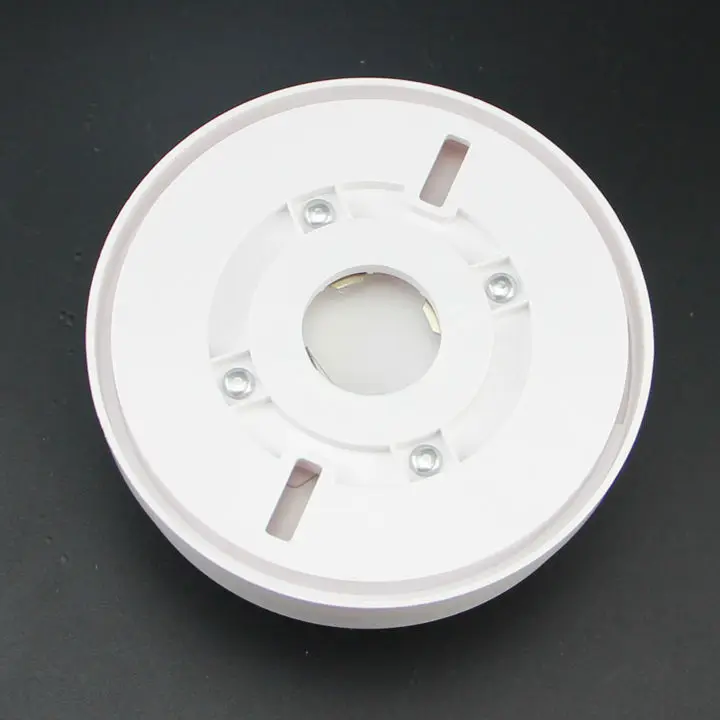
Choosing the right type of smoke alarm depends on your home and needs. Remember, safety should always be the top priority. Regular maintenance can help prevent that middle-of-the-night beeping that everyone dreads. And remember, smoke alarms do expire, so replace them every ten years, or sooner if they start malfunctioning.
